HEALTHCARE
Putting People First
Every person deserves access to affordable and quality healthcare. Abigail will fight to protect and expand the Affordable Care Act, ensuring that no one is denied coverage due to pre-existing conditions. Additionally, she will work to lower prescription drug prices and increase funding for mental health services. By prioritizing the health and well-being of our constituents, we can build a stronger and more resilient community.
Protecting Reproductive Rights
Every person should have the right to make their own healthcare decisions. The discussion surrounding reproduction should only happen between a person and their doctor.
Mental Health
It is estimated that one in 5 Americans are afflicted with mental health illnesses. Now is the time to set aside the stigma and get our family, friends and neighbors the support they need to get well again. Mental health treatments need to be a part of a patient’s primary care and covered by insurance companies. We also need to be able to identify mental health concerns in our children earlier and provide them with the preventative care they need. This can be achieved with greater funding to our schools for full time counselors and more local, accessible clinics.
Opioid Crisis
The opioid crisis affects nearly everyone in some capacity or another and Abigail is committed to finding solutions to address this pressing issue. By working together, we can prevent the devastating impact of opioid addiction on our loved ones.
Enhanced Access to Treatment: Increased funding and resources to expand access to evidence-based addiction treatment programs is needed. This includes promoting the availability of medication-assisted treatment, counseling services, and support groups.
Education and Prevention: Abigail believes in the power of education to prevent opioid addiction. She will work to implement comprehensive drug education programs in schools, equipping students with the knowledge and skills to make informed decisions.
Prescription Drug Monitoring: The implementation and strengthening of prescription drug monitoring programs to track and prevent the over-prescription of opioids will bring about change. By monitoring prescribing patterns, we can identify and address potential cases of abuse or excessive prescribing.
Support for Recovery and Reintegration: Individuals need support during the recovery process to help them rebuild their lives. Abigail will advocate for programs that offer job training, housing assistance, and access to mental health services to ensure a successful transition back into society.
Cannabis: It's important to note that further research is needed to fully understand the potential benefits and risks of using cannabis as a tool in addressing the opioid crisis.
Pain Management Alternative: By offering an alternative to opioids for managing chronic pain, cannabis may help reduce the reliance on prescription opioids, potentially lowering the risk of addiction and overdose.
Opioid Withdrawal and Addiction Treatment: Studies suggest that cannabis may aid in alleviating opioid withdrawal symptoms and cravings, making it a potential tool in addiction treatment.
Harm Reduction: Cannabis can serve as a harm reduction strategy by mitigating the risks associated with opioid use. For individuals who are already using opioids, cannabis may help reduce the dosage required, minimizing the potential for overdose or other adverse effects.
Cannabis as an Exit Drug: Evidence that suggests cannabis could serve as an "exit drug,” helping individuals transition away from opioid use. By providing a less harmful alternative, cannabis may support individuals in reducing or eliminating their reliance on opioids altogether.
